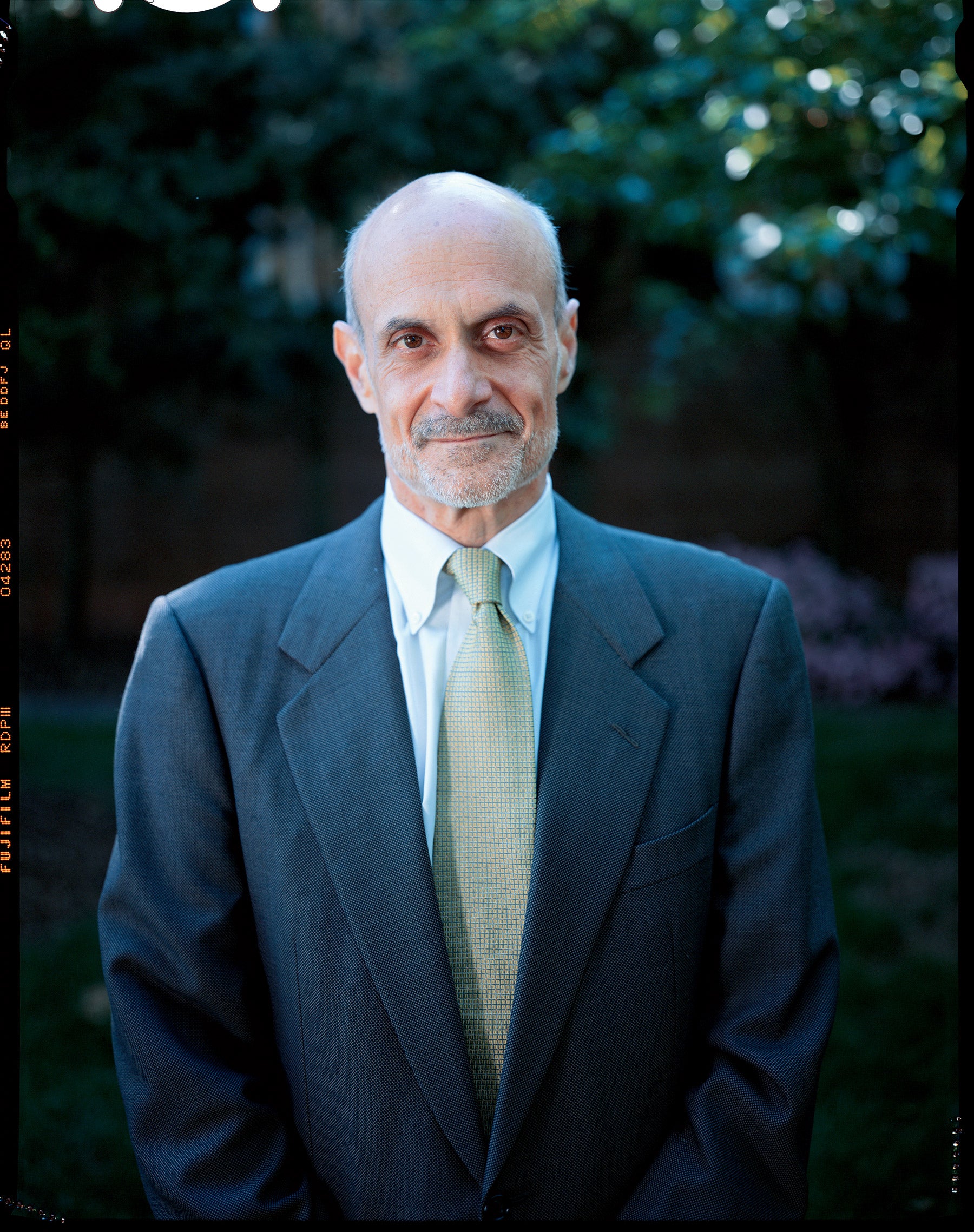By: Angelica Merino Monge and Logan Seymour

In 2009, Imani*, a citizen of Guinea, West Africa, fled the country with the youngest of her four children. From 2009 to 2011, the legal team at the Harvard Immigration and Refugee Clinical Program (HIRC), worked extensively on Imani’s asylum case, which was granted in 2011. Now, eight years after being granted asylum, Imani has rebuilt her life and career in the United States. As a U.S citizen, she remains active in her community by working at Greater Boston Legal Services as an interpreter for Fulani-speaking migrants looking for safety in the United States. Imani says that she misses Guinea: “I love my country, I love my people, it is just still not safe there.” However, she knows that her family is safe in the United States and has made Boston her new home.
Imani fled Guinea out of fear of political persecution because of her participation in an opposition party. Imani’s political opinions and her activism for the equality of women, the right to education, and the need for fundamental political and social change in Guinea made her a target. After her involvement in a rally against Guinea’s military government, which resulted in the beating and massacre of peaceful protesters, Imani received threatening phone calls. “I was one of the victims, I got beaten, I got my car broken, and after that, I was threatened through messages like ‘we are going to kill you and we are looking for you,’” she recalled. Imani knew she could not stay in Guinea without risking her family’s safety, and so she fled to the United States to look for security.
When Imani arrived in 2009, she went to Boston Medical Center for health-related issues, and once there, the center’s social worker put her in touch with Boston Center for Health and Human Rights (BCRHHR), which then connected her with HIRC. The clinical team—including Sabi Ardalan, Assistant Clinical Professor of Law and Assistant Clinic Director, along with clinical students Gabriela Vega (JD’12) and Kendra Sena (JD’12)—worked quickly on Imani’s asylum case to meet the one-year filing deadline. In 2011, Imani received good news – she had been approved for asylum. “I was so so happy! I was taking English classes when Sabi gave me a call that I was approved. There was a little party in the class,” she remembers. After her asylum approval, Imani was referred to Catholic Charities, where they worked on her family reunification and green card applications. In 2012, Imani was finally able to reunite with her children.
Imani describes the legal team at HIRC as a family. Reflecting on the experience, Imani asserted, “We appreciate everything the clinic did for us, they helped us grow, and they follow up, it’s not like, okay, you got your papers bye-bye… If I get stuck down the road, I can call them and get help.” To this day, Imani stays in contact with HIRC, and she made a great impression on the clinical students who worked on her case. Kendra says, “I was incredibly honored to work with Imani to prepare her asylum application. She taught me so much about being an advocate for one’s self, family, and community, and I am humbled to have played a small part in her story.” Gabriela saw her own mother in Imani. “Like Imani, my own mother immigrated to the United States with a very young child (me), and as I grew older, I saw her more and more as my own personal hero. In Imani, I felt the presence of another hero who, like my mother, endured and overcame so much, with the weight of the world on her shoulders, to pave the path of a better life for the next generation. Imani was incredibly respectful, professional, and an absolute pleasure to work with. I was in awe of her strength and bravery every time we met to discuss her story.”
*Client’s name has been changed to respect her privacy
Filed in: Client Stories
Contact Office of Clinical and Pro Bono Programs
Website:
hls.harvard.edu/clinics
Email:
clinical@law.harvard.edu